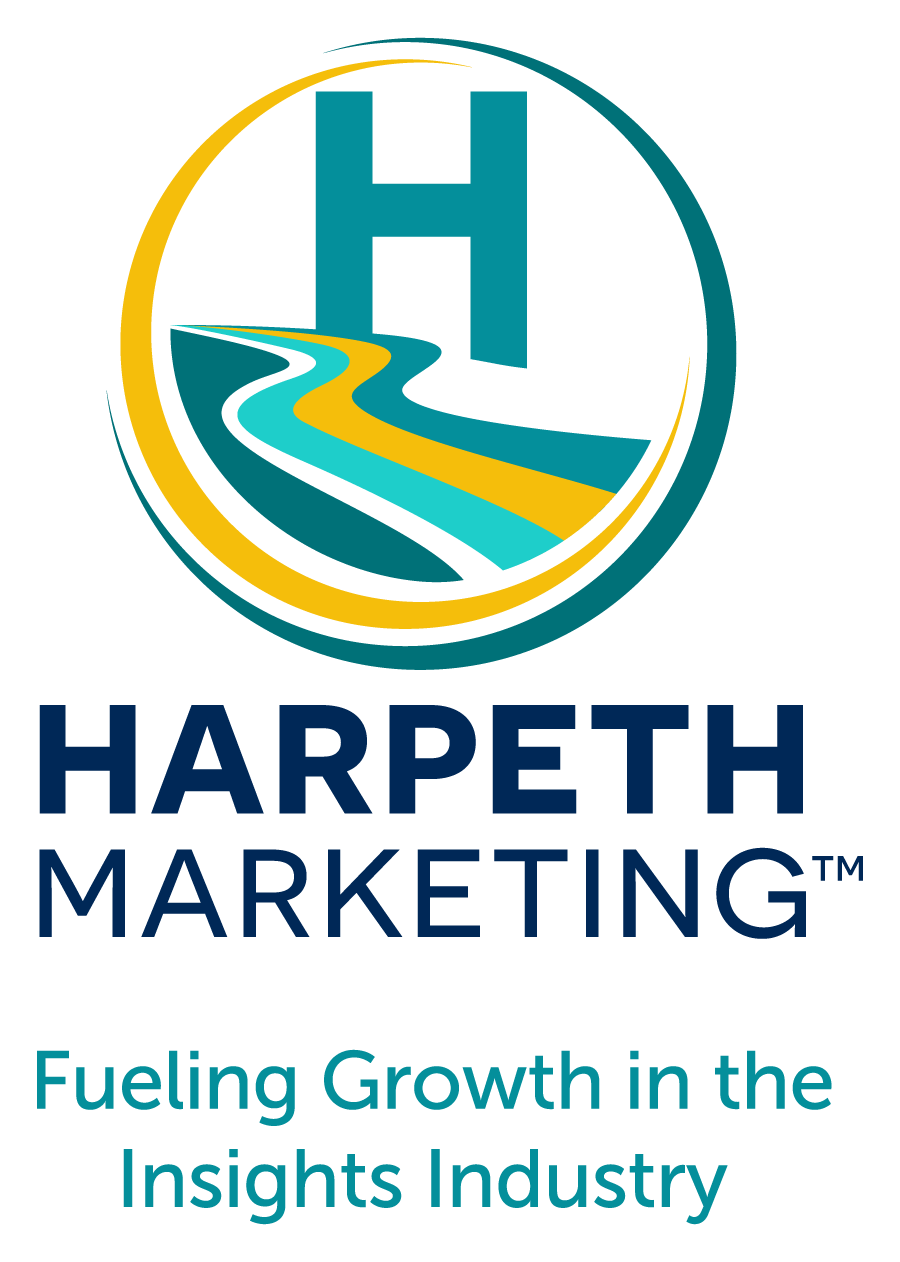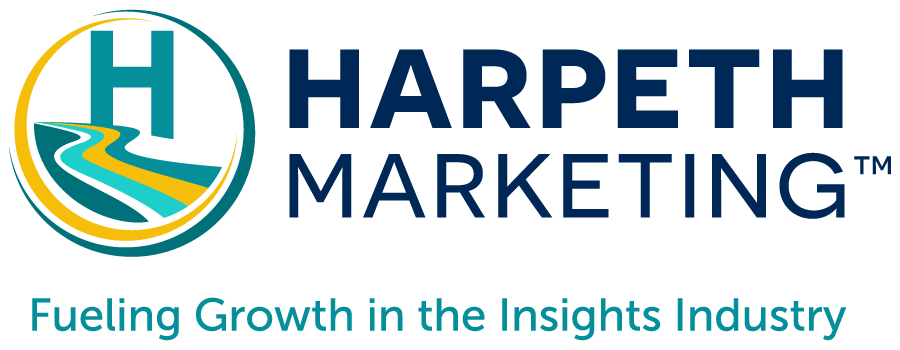 This is the 3rd installment (post 1, post 2) in our current blog series (and 5th overall in this series) based on interviews with research buyers I’ve had the opportunity to meet recently. They have all been kind enough to share with me how they like to connect with (and ultimately, be sold to by) research vendors/agencies. If you work in any capacity for an agency, this series will help you better understand your clients.
This is the 3rd installment (post 1, post 2) in our current blog series (and 5th overall in this series) based on interviews with research buyers I’ve had the opportunity to meet recently. They have all been kind enough to share with me how they like to connect with (and ultimately, be sold to by) research vendors/agencies. If you work in any capacity for an agency, this series will help you better understand your clients.
Name: Nicole Whitlow
Title: Head of Global Consumer Insights, KitchenAid
Company: Whirlpool
Years at company: 6
Nicole, thanks so much for helping us with this blog series. Let’s start our discussion around the idea of vendor ‘content.’ Does their content (blogs, eBooks, white papers, etc.) help to influence your perception of a supplier or your buying decision? Yes. Suppliers that publish their knowledge and their unique point-of-view help demonstrate their credibility and their way of thinking. It helps me assess what we could get out of working with them, and might spark something worth reaching out to learn more about. We’ll also often attend webinars put on by suppliers if the topic is relevant to our needs.
What about social media? Do you engage with suppliers on LinkedIn, and does their presence even matter? Yes. I follow and engage with suppliers, industry experts and thought leaders on LinkedIn to learn new things and keep up on what’s changing in our industry – but don’t always have the bandwidth to follow up on every message or inquiry I receive that way. Life is just too busy for that.
When it comes to events, what are the top three research conferences or events that you (or your colleagues) attend each year? What about events in your industry vertical? We try to get to research conferences when we can, and it helps when they are nearby and low cost as we don’t have a lot of budget for this. Quirks and CRC (Corporate Research Conference) are great. We also highly value the ARF (Advertising Research Foundation) and they have wonderful cutting-edge events throughout the year both in-person and virtual. There are various appliance, electronic and food shows that are relevant for our industry, as well. Conferences and events are where we have the head space and are actively looking for new things to spark new ideas.
Nicole, what are the top three research publications or online sites that you (or your colleagues) read or visit frequently? What about publications in your industry vertical? Quirks, Insights Association, the Journal of Advertising Research, the ARF Knowledge Center, and the Marketing Science Institute are the ones we utilize the most.
What’s the role of a vendor’s website in the supplier selection process? I’ll often go to a vendor’s website to find out more information on what they do and to hopefully find some good case studies from prior work. I want to be able to get a sense for who they are, what they do, and what it is like to work with them. This should be readily apparent. A helpful website goes a really long way.
OK, let’s talk about ‘sales’ and the vendor’s sales process… what should vendors do to catch your attention and absolutely not do to lose it? Whether it’s a great pitch at a conference or just the email I needed to receive, things that are timely, challenge conventional thinking a little, or offer me an opportunity to better understand my consumers tend to stand out. Name dropping my CEO or telling me so-and-so sent you (when it’s easy enough to check that’s not true), doesn’t work very well. We’re also not allowed to do anything like accept a gift or payment for our time. You can have a really great new solution, but I’m turned off by pitches that blatantly bash the other guys. Be nice. Phone calls I don’t really like. Those always seem to go to my personal phone and at odd hours of the night. No thank you.
What’s the best way for a vendor sales rep to proactively reach out to you so you actually connect with them? Conferences, events, webinars are great places to connect because I’m actively looking for solutions, and likely saw something that drew me in in the first place.
Some suppliers reach out ‘cold.’ Do you ever react positively to ‘cold emails’ or ‘cold calls’ from them? If so, what messaging resonates with you? If an email does a good job of explaining a relevant need and a solution, and doesn’t feel like the same generic email that went out to everybody, it can start something. I get a ton of solicitation for things that are not relevant to me or my role at all. They may apply to someone somewhere in the company, but not really to me. I try to pass those along to the right people, but when a lot of what you get isn’t relevant to begin with it becomes a bit of a bias to just tune it out. Generic emails that don’t really explain what you do, just “we can help, we need to talk” aren’t very helpful. I need to know how you can help me and why we should talk.
Ideally, what do you want to see in a capabilities presentation? Solutions that are tailored to my needs and things that are unique about you. Which of your research solutions can help me and why? Why should I work with you instead of someone else? I would much prefer a tailored capabilities presentation about the problems we’re trying to solve over something that covers every single possible research solution. Most research companies can do a lot of things, what makes you different?
Similarly, what constitutes a really good proposal? Similar to the earlier answer, it should be tailored to my needs. Demonstrate that you heard and understood the context/problem and then deliver a thoughtful solution. Options or things you think we should consider are appreciated but they need to be really thoughtful and help solve my problem, not just thrown in because you can do it or you want to show every possible option.
What triggers your search for a new supplier… or do you always keep your eyes open, just in case? We have a pretty lengthy new supplier onboarding process, so we typically focus on looking for solutions to gaps in our toolkit that we need or where we want to improve and do things better. Procurement doesn’t like us adding new suppliers unless they can do something an existing vendor cannot, so it’s difficult and rare for us to do it. We’re always looking, but more often than not we’re reaching out to the industry to try to solve a specific gap vs. the other way around.
In selecting a new supplier, how involved are your marketing and brand teams? Not really at all. They trust us to find the best research solutions for their needs. They are not methodology experts. If we’re going to fundamentally change the way we’ve historically done something we will need to take them through that kind of rationale, but they don’t need to have a lot of involvement in deciding who we should work with.
OK, last question… if you were to give just one piece of advice to research agency salespeople, what would that be? I have tremendous empathy for how hard it is to break through for new business but please be patient and kind. Timing may be off, I may be extremely busy, your inquiry may have gone to a spam filter… there’s a lot of reasons response may not happen right away.
Nicole…. that was terrific. Thank so much for helping our readers get inside the mind of a research buyer. Have a great rest of 2025.

